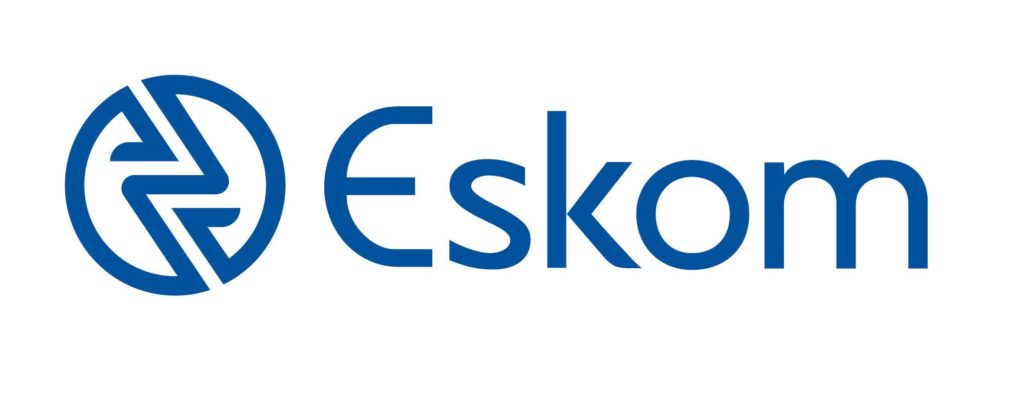Government will appoint a new board for power utility Eskom, Finance Minister Malusi Gigaba said on Wednesday 25 October.
Tabling the Medium Term Budget Policy Statement (MTBPS) in Parliament, Minister Gigaba said the new board will be appointed before the end of November.
He said government is concerned at developments at the utility. The weak governance issues that are currently being experienced at the utility has led to a qualified audit opinion and a violation of some debt covenants with lenders.
“The failures of governance, leadership and financial management at Eskom are of a grave concern. Eskom is simply too important to the country to fail and we will not allow it to,” said the Minister.
A National Treasury team with the necessary expertise will work with the Department of Public Enterprises – under which Eskom falls – to address governance issues.
The team will report back periodically, Gigaba said.
Minister Gigaba said Eskom is critical to South Africa’s development with the link between electricity infrastructure and economic growth.
Eskom, which has the largest state guarantee of R350 billion, forecasts that electricity sales growth over its planning period will be flat, with revenue growth secured through tariff increases.
The National Energy Regulator of South Africa (Nersa) could grant tariff increases below Eskom’s application, as it did during the multi-year price determination process for April 2013 to March 2018.
Nersa recently approved the process and timelines for processing Eskom’s revenue application for the 2018/19 financial year.
Eskom is asking the regulator for a total allowable revenue of R219 514 million. The total allowable revenue application translates to a 19.9% average increase in electricity tariffs.
The mini-budget noted there are also risks that sales growth will perform below projections, or decline as households and businesses improve their energy efficiency.
The MTBPS noted that any of the options required to stabilise Eskom could have significant fiscal implications.
“If higher tariffs slow economic activity, tax revenue collections will be lower, delaying government’s fiscal objectives of closing the deficit and stabilising debt. However, if Eskom does not secure sufficiently high tariff increases its financial position may weaken, requiring it to seek government assistance.”
In addition, government has extended its R350 billion guarantee from 31 March 2017 to 31 March 2023 because of delays in Eskom’s capital investment programme.
The extension of the guarantee will allow Eskom to use the remaining portion to complete its planned capital expenditure programme. The utility’s board has developed a plan to address governance concerns that they will share with lenders.
Meanwhile, Nersa is expected to rule on Eskom’s application for a tariff increase for 2018/19 as well as its Regulatory Clearing Account application.
“If these applications are successful it would represent a step-change in Eskom’s future revenues. Combined with strong cost management, this could allow the utility to cover all its obligations without fiscal support.” said the MTBPS. – SAnews.gov.za


